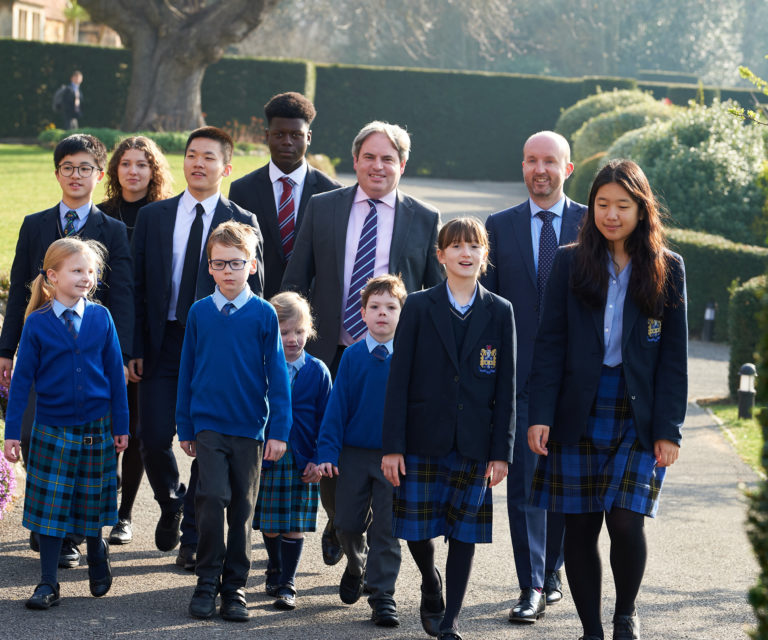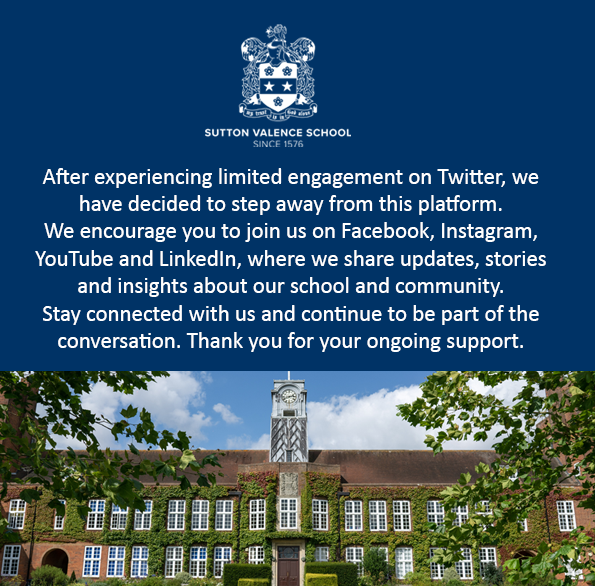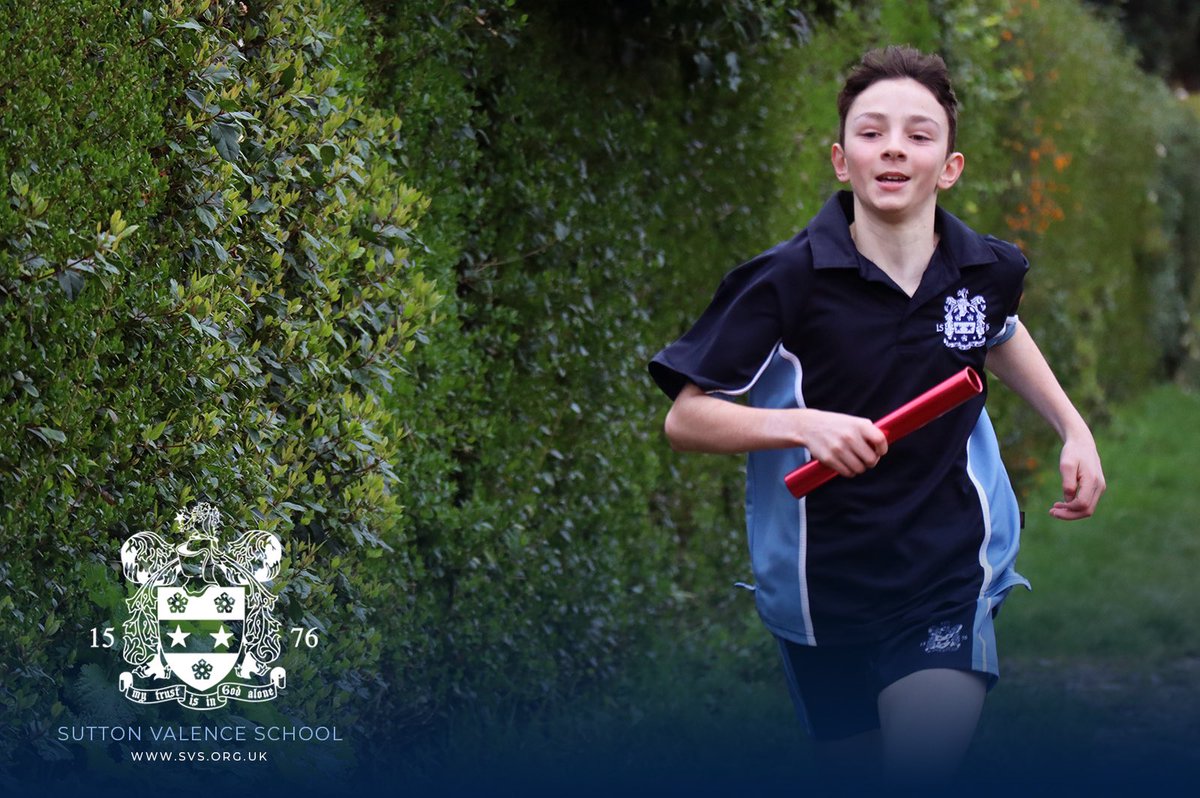Why is it important to widen our children’s reading experience into reading non-fiction and information books? It is because the literate, print-bound world for which children are being educated requires the ability to process information and master the many formats in which information is presented.
Indeed, non-fiction is ubiquitous. The digital world, in which our children are growing up, is rich with texts that inform and instruct. Learning to read factual books, as well as storybooks, is a way of preparing them for life.
Children love facts and information, and whilst it is vital to teach children the logistics of reading, it is even more important to help them explore a range of genres for themselves. In this way, children can experience for themselves what reading can do and how it can open the door of discovery. As some of us more mature teachers would say – ‘finding out’!
When children discover facts and acquire information through text and illustration, they begin to read to learn. Through this process, their natural curiosity will be heightened, and their store of knowledge and vocabulary increased. In short, their reading will be for a purpose and their intellectual development will be enhanced. Reading is the gateway to learning about anything and everything. It helps our children discover new things and educate themselves independently in any area of life that interests them. Giving our children access to a world of words is one of the best ways to improve their vocabulary and enhance their spelling skills too. New knowledge that is gained through enjoyment has a tendency to stick and doesn’t even feel like work. Both our children’s written and spoken communication abilities can undoubtedly be improved through regular reading.
So, how can we, as adults, help our children with their non-fiction reading? Asking and answering questions about a text or a chapter opens up discussion and allows us to check their understanding. Summarising is a great way to improve active reading and comprehension as it requires an understanding of the whole text and judgement about which information is the most important. Children are taught to skim and scan for keywords when reading non-fiction books and mastering this allows them to tackle retrieval questions about texts with confidence. Encouraging good reading habits is a step in the right direction for parents looking to help their children become confident and competent readers. Surrounding children with a good variety of non-fiction books is one way that helps greatly as is modelling reading ourselves.
There is a wide range of non-fiction publications available for children to read, such as First News, National Geographic Kids, the Newsround website, Aquilla magazine, The Week Junior and Wizz Pop Bang! to name but a few. A few newsletters ago, we suggested turning on the subtitles whilst watching the television and this would be the perfect enhancement for any non-fiction programme, such as one of the David Attenborough series or similar.
Reading is so much more than a skill to be acquired. It opens doors to opportunities and it opens our children’s minds to new ideas.
As Dr Seuss wrote, ‘The more that you read, the more things you know. The more you learn, the more places you’ll go.’
Mrs Harrison, Academic Deputy Head





